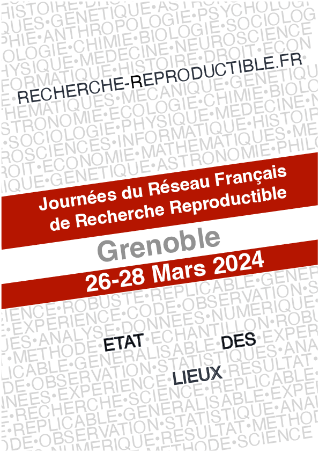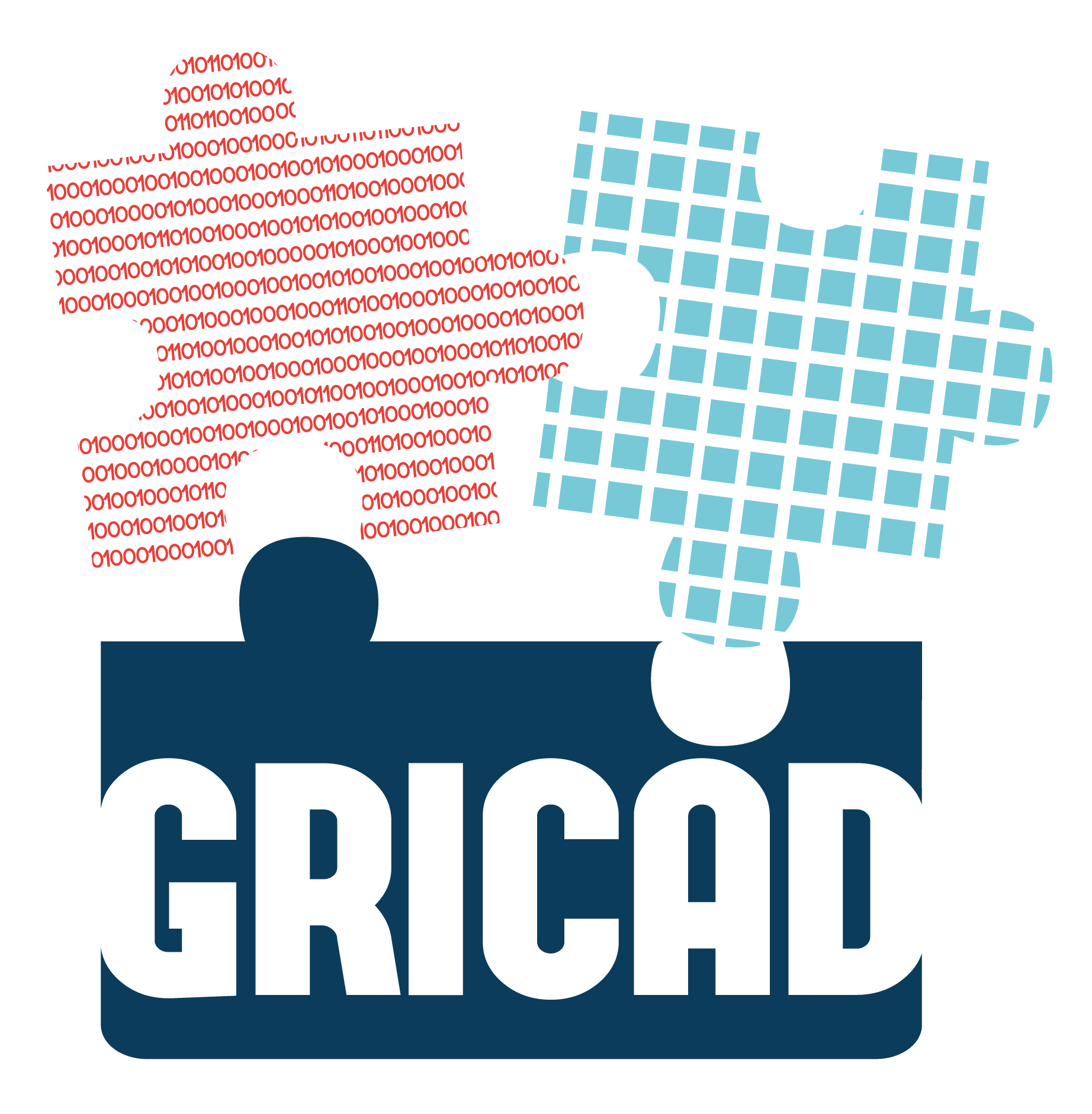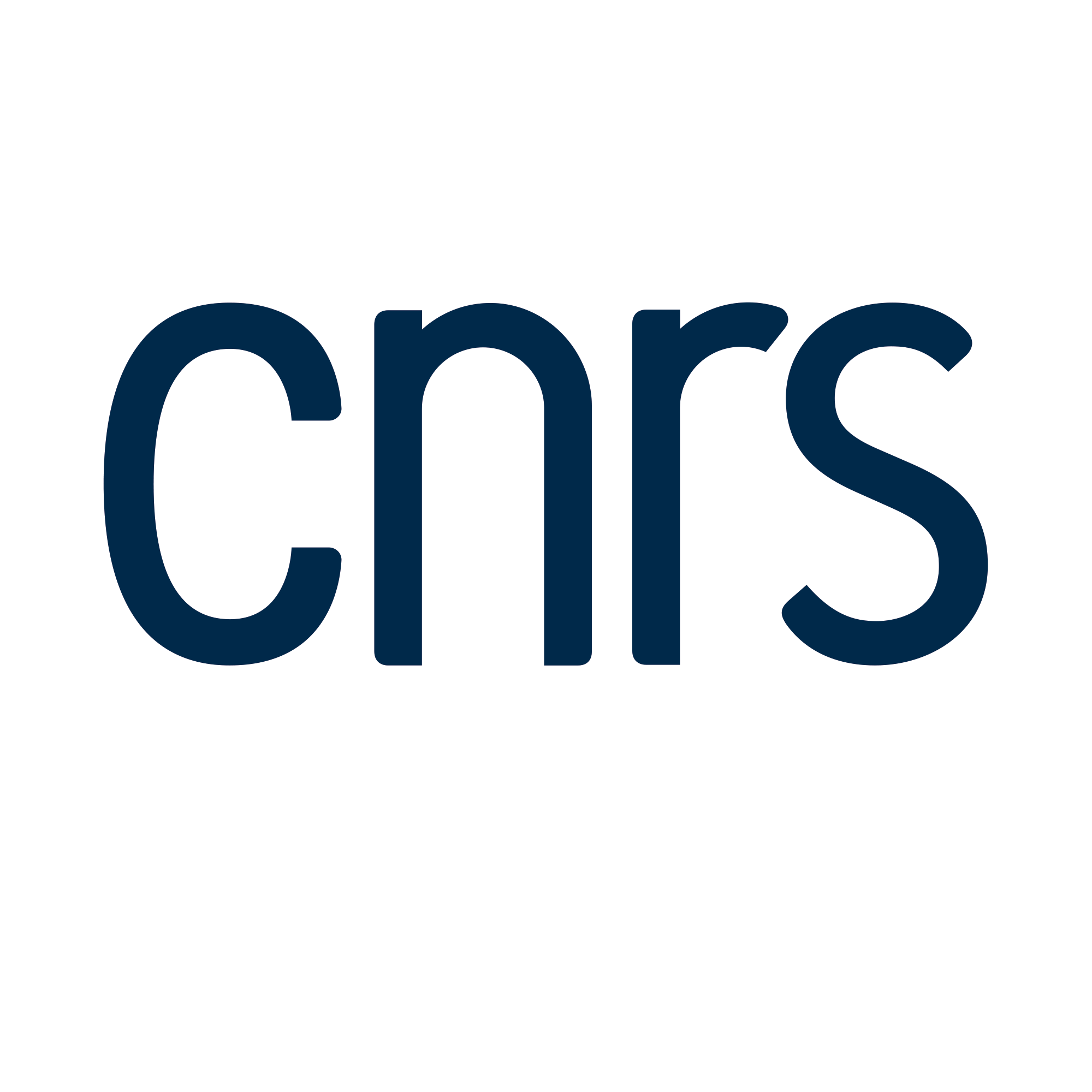Days of the French Reproducible Research Network : state of play

They are organized by Céline Acary-Robert (MaiMoSiNE/LJK/GRICAD, Université de Grenoble Alpes), Pierre-Antoine Bouttier (GRICAD, CNRS, Grenoble) and Violaine Louvet (LJK, CNRS, Grenoble), in partnership with MESR, GATES/GRICAD, LJK, UGA, CNRS, MaiMoSiNE, and INRIA.
For many years, UAR GRICAD has been deeply involved in the issues surrounding reproducible research in a digital context. Whether through the services and infrastructures it offers (GitLab, JupyterHub, Nix/Guix as managers of software environments on supercomputers, support for research data management) or its involvement in training courses and local or national dissemination actions on this subject, reproducibility is a structuring axis for the unit. As such, it seemed only natural for us to co-organize this major event in the French Reproducible Research network.
The aim of these days is to provide a forum for exchange and information, with a view to taking stock of the state of reproducibility in France. Another objective is to think about a national organization that will enable us to exchange information on training courses, workshops and conferences, and to ensure the long-term future of these days. Indeed, one of the challenges of this workshop is to consider the definition and governance of such a network, and its position with regard to bodies such as the French Committee for Open Science for example - as in many countries where there are national academic networks dedicated to the issue of reproducibility, such as the UK (www.ukrn.org), Finland (www.finnish-rn.org), Italy (www.itrn.org), Germany (reproducibilitynetwork.de), Switzerland (www.swissrn.org), etc.
The detailed program is available online : https://jrfrr-2024.sciencesconf.org/resource/page/id/1
The program for the 2024 event focuses on experimental sciences and on training activities around reproducible research. The different sessions will certainly not be representative of all the diversity of practices, but the aim of these days is to share and discover our different issues, definitions and practical applications. It will also be an opportunity to review practices in Europe.
Registration is free, but required for logistical reasons : https://jrfrr-2024.sciencesconf.org/registration
Further information :
- About these days : https://jrfrr-2024.sciencesconf.org/
- On the Reproducible Research Network : https://www.recherche-reproductible.fr/
7 February 2024




